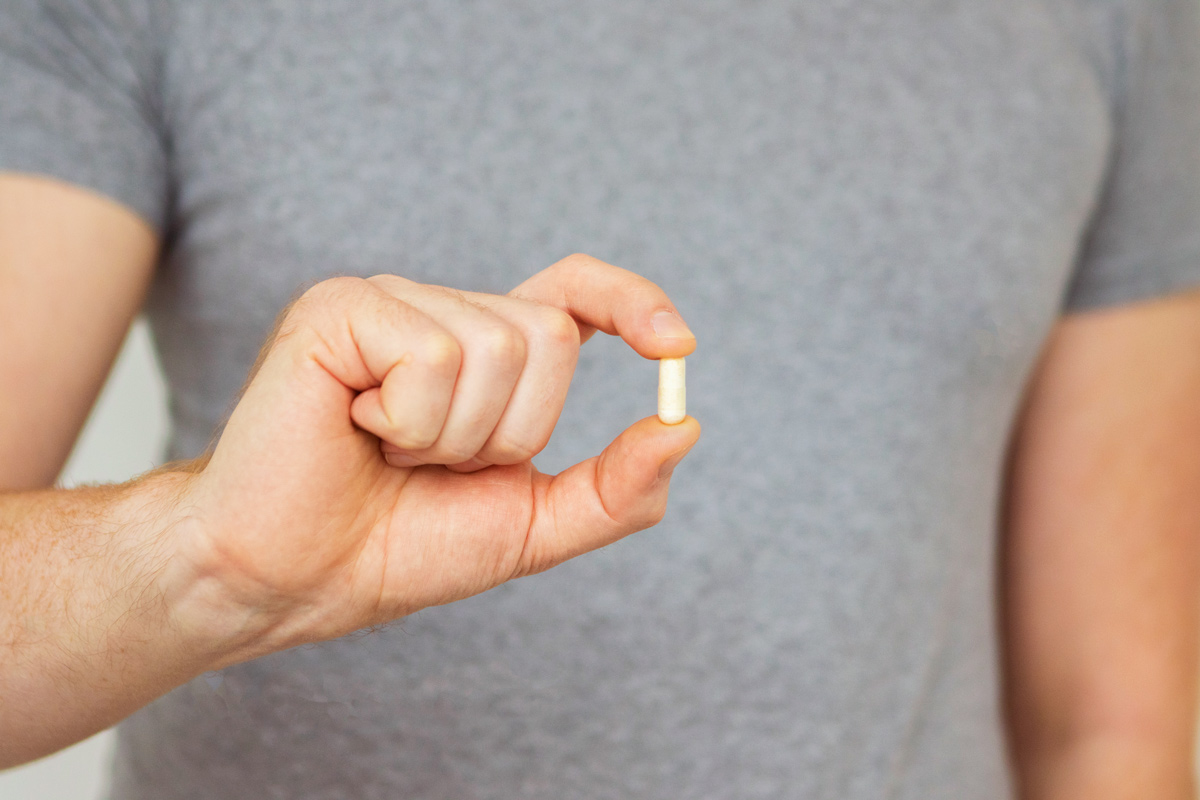What Is A Prebiotic?

In the world of health and nutrition, we talk a lot about the important role of probiotics in maintaining a healthy balance of gut flora, aiding digestion, supporting a robust immune system, and promoting overall health. But there’s a similar term you may also have heard—“prebiotics.” Let’s take a look at what prebiotics are and why they are essential.
Prebiotics in the Gut
To help clarify what prebiotics are and why they are important, it is essential to understand a little about the human gut. Far more than simply a factory where food s processed and nutrients extracted, the gut is a complex ecosystem (or microbiome) where a variety of essential microorganisms live and thrive. Among these microorganisms are “good” bacteria that are essential to health, including probiotics like bifidobacteria and lactobacilli. Like most living things, these bacteria require nutrition to survive and function. Prebiotics are the compounds in food that nourish probiotic bacteria. Without sufficient prebiotics, probiotic bacteria would be unable to perform their functions and would either starve or be overrun by harmful bacteria. Fortunately, many of the foods we eat are rich in prebiotics, helping to maintain the delicate balance of gut flora required for health.
What Constitutes a Prebiotic?
The term “prebiotic” dates to 1995, when Gibson and Roberfroid published a paper on “Dietary Modulation of the Human Microbiota” in the Journal of Nutrition. Extensive study has helped us learn more about these essential compounds, which are currently defined by the following criteria: they must be resistant to digestion by stomach acid, they must be selectively fermented by microorganisms in the gut, and they must stimulate the growth of “good” bacteria in the gut with beneficial health effects to the host. Prebiotics, often also referred to under the rubric of “dietary fiber,” include fructans, beta glucans, pectin, and resistant starches.
Mechanism of Action and Dietary Sources
Essentially most prebiotics are processed via fermentation. Bifidobacteria, for example, are uniquely structured with metabolic pathways to process the sugars contained in prebiotic foods via fermentation, yielding essential short-chain fatty acids necessary to gut health. Natural prebiotics can be found in a range of foods, including chicory root, garlic, leek, onion, asparagus, and bran.
Prebiotics in Probiotic Nutritional Supplements
Probiotics produced for sale and consumption face a long and hazardous journey between factory and consumer. While in transit they are often subject to extremes in temperature and dwell times in warehouses. For this reason it s essential that these essential organisms be kept not only alive, but also well nourished. At Probulin, we understand the importance of nourishing our probiotics with vital prebiotics so our products reach you with their health benefits intact. That’s why all our probiotic products are shipped both on ice (to control for heat that can be deadly to probiotics) and with sufficient food (prebiotics) to sustain them during travel.
We hope that this information helps you make more informed choices when choosing the right nutritional supplements for you. To learn more about Probulin, visit our website and check out our many probiotic products.